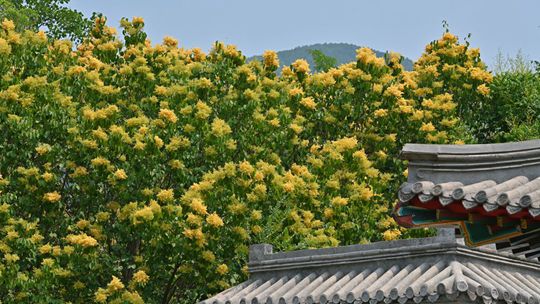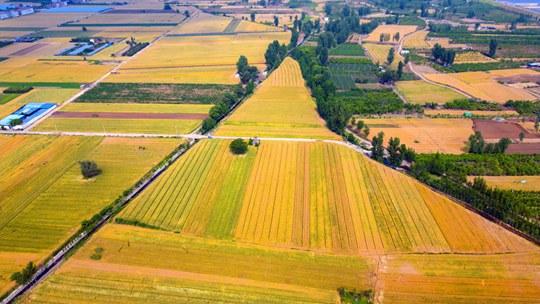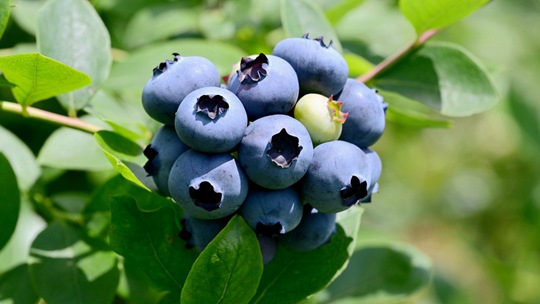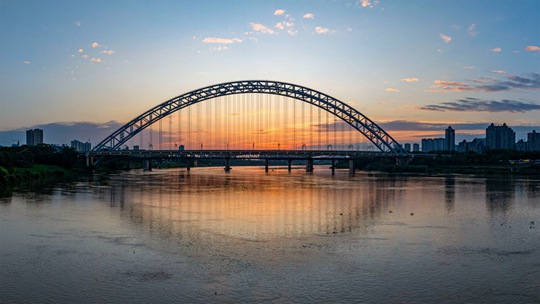Three small brocade bags don't need to panic against "typhoon"
2010-04-16 15:41:05 Source: China Weather Network
- typeface
- large in Small

One of the brocade bags:
Race against the clock to get ready before the typhoon comes
As the saying goes, preparedness is the key to success. Before the typhoon, experienced citizens will be prepared, and housewives will buy necessities in advance; People living in low-lying areas will also hurry to evacuate. However, the hotline reporter of the party newspaper still has some small details of life to remind you, so as to be safer when the typhoon comes.
1. Build a "safety net" at home.
Residents living in buildings should check whether the doors and windows are firm before the typhoon, close the windows in time, take down the hanging objects, put away the things on the balcony, especially the heavy objects such as flower pots, and reinforce the objects that are easy to be blown outside.
In addition, pay attention to the typhoon news released by the media and take preventive measures. Check whether the circuit, gas and other facilities are safe. Before the typhoon, flashlights, radios, food, drinking water and commonly used medicines should be prepared for urgent needs. If there are patients at home, necessary drugs should be prepared, such as commonly used antibacterial drugs, cold drugs and commonly used drugs for skin diseases, eye diseases and surgery. Especially if there are patients with hypertension, diabetes and heart disease at home, corresponding drugs should be prepared.
2. Keep the vehicle in advance.
"Car owners" should choose a parking place before the typhoon comes, because once the typhoon comes, it will be troublesome to change their car to a new "nest". Generally speaking, vehicles should be moved to high places for parking, and can also be stored in the warehouse. It is forbidden to park under roadside obstacles or on the side of waterlogged roads. At this time, check whether the wiper, light and other circuit systems function normally to ensure that they can be used at any time.
3. Timely withdraw to ensure safety.
Before the typhoon comes, some residents living in low-lying areas will move. In addition to keeping valuables at home, it is also necessary to take daily necessities with you when transferring. It is necessary to prepare more clothes and dry food so as to avoid the danger of returning home when there is not enough. If the terrain of the home is low, the cabinet, bed and other furniture should be raised before the transfer, and rice and vegetables should be placed high. Before the typhoon comes, the ship should obey the command and take shelter from the wind. In case of failing to avoid or encountering the typhoon, the ship should contact the relevant departments on shore in time to wait for rescue.

Brocade Bag 2:
Remember to avoid risks when typhoon comes
When the typhoon comes, most citizens will stay at home quietly. For some people who stay at work or go out to work for various reasons, they should pay more attention to safety in typhoon days. Many accidents happen in a flash, so our second small brocade bag is specially for those who go out in these typhoon days.
1. Don't stay in dangerous areas.
When the typhoon strikes, do not stay near glass doors and windows, dangerous sheds and simple houses, temporary work sheds, billboards, neon lights and other high-altitude buildings. Every year, the cases of being injured in the typhoon occur. In addition, try to avoid walking on embankments and bridges near rivers, lakes and seas to avoid being blown down by wind or falling into the water.
2. The unit fights against typhoon and avoids danger.
Left behind units must be vigilant against Taiwan, protect public property, and take personal safety into consideration. Prepare sandbags, flashlights, raincoats, rain boots, tarpaulins, steel wires, dry food and other urgently needed materials in advance, and do a good job of flood prevention and waterproof work in advance. When the typhoon comes, try to stay in a safe place and turn off the power supply in time to prevent accidents.

Brocade Bag 3:
Disease prevention and disaster relief become the focus after typhoon transit
With three small brocade bags, you can be more calm in the face of typhoon. Finally, I need to add that if you are in danger in a typhoon, you should not panic. You should calm down first, and then think about the way to escape. Stacking SOS words, setting off fireworks, sending out light and sound signals, shaking brightly colored objects, etc. are all ways of asking for help.
After the typhoon passes through, it does not mean that the danger is completely relieved. At this time, many people took it lightly, which led to danger, especially in some geological hazard prone areas. Also, food safety after the disaster cannot be ignored. The third safety kit is to remind the public to pay attention to post disaster safety.
1. Don't go to the geological hazard points.
Typhoon transit often brings heavy rain, which is easy to cause landslide, debris flow and other geological disasters, causing casualties. If you live in an area prone to geological disasters or where heavy rain has occurred, you should pay more attention. When you go out after a disaster, especially to the mountain area, you must know the situation of the road section in advance. If the bridge is broken due to the sudden rise of water in the valley, or you cannot pass due to landslides, you must wait until the danger is removed before moving forward. Never rush into the mountain.
2. Don't go home without authorization.
When the typhoon signal is lifted, you can return only after the evacuation area is declared safe. After returning home, if you find that there are different degrees of damage in your home, don't panic, don't use gas, tap water, electric lines, etc. at will, and be ready to ask the relevant departments for help in case of danger.
3. Post disaster disinfection is very important.
After the typhoon, epidemic prevention, disease prevention, disinfection and sterilization should be followed up in time. Citizens must drink water that has been disinfected. Do not use water that has not been disinfected to gargle, wash fruits, bowls and chopsticks. Do not eat food that is raw, cold or spoiled. Food should be cooked thoroughly. Wash hands before eating and after defecating. Garbage, human and animal feces and animal carcasses shall be removed in a timely manner, and flooded houses and public places shall be disinfected and sanitized in a timely manner.

























